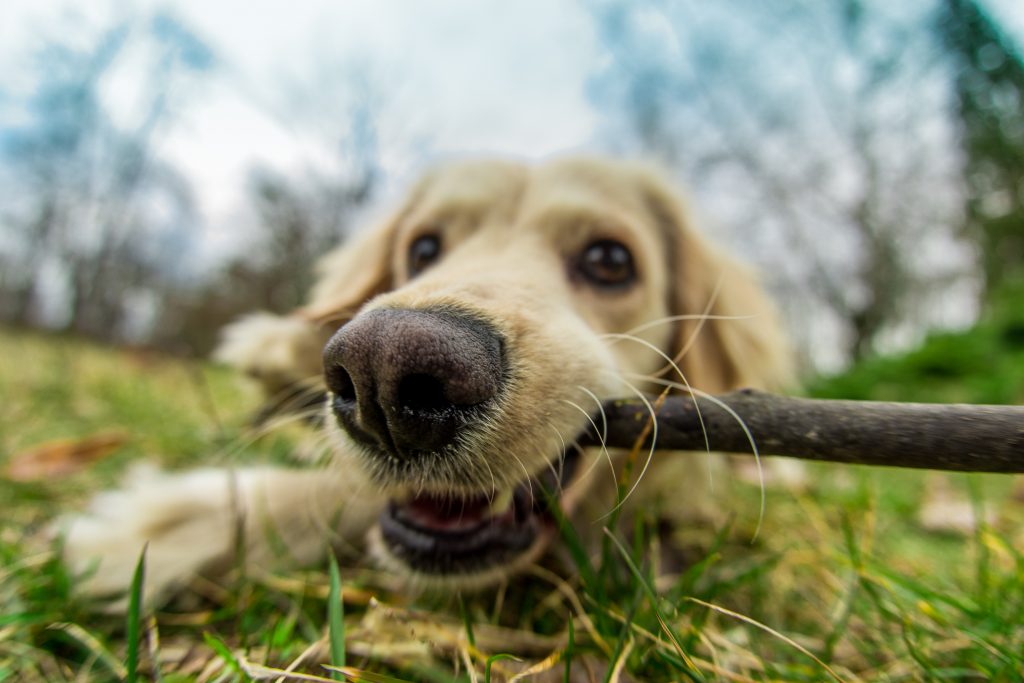
Signs to look for in dental disease
Taking care of your pet’s teeth is a very important part of a veterinarian’s job. When a pet has significant dental disease, it can affect much more than just its mouth. There often is pain associated with dental disease that can lead to difficulty eating and drinking. Bacteria associated with dental disease can also travel throughout the body causing problems in areas such as the heart, lungs, liver, and kidneys.
When a pet has severe dental disease their quality of life can be significantly decreased due to the pain and infection. Left untreated, bacteria will eat away at the periodontal ligament until the teeth either fall out or need to be extracted. This is why I recommend preventative care, such as brushing the teeth regularly, proper diet, as well as periodic dental cleanings while under anesthesia.
Signs of dental illness can include bad breath, loose or discolored teeth, drooling, or bleeding. You may also notice your pet eating 1 kibble at a time or dropping food while it is eating. Your pet may shy away when you reach toward its head or be reluctant to play with toys due to the pain it is feeling. Owners have reported that their pets act younger or livelier once their dental issues have been resolved.
Prevention of dental disease is the best way to keep your pet’s mouth healthy. Not only can this increase the overall well-being of your pet, but can also improve the well-being of your pocketbook! Over time, you will spend significantly less money on prevention than you will by waiting to address the problems caused by progressive dental disease.
Contact Skyline Animal Hospital today for more information on dental diseases.


